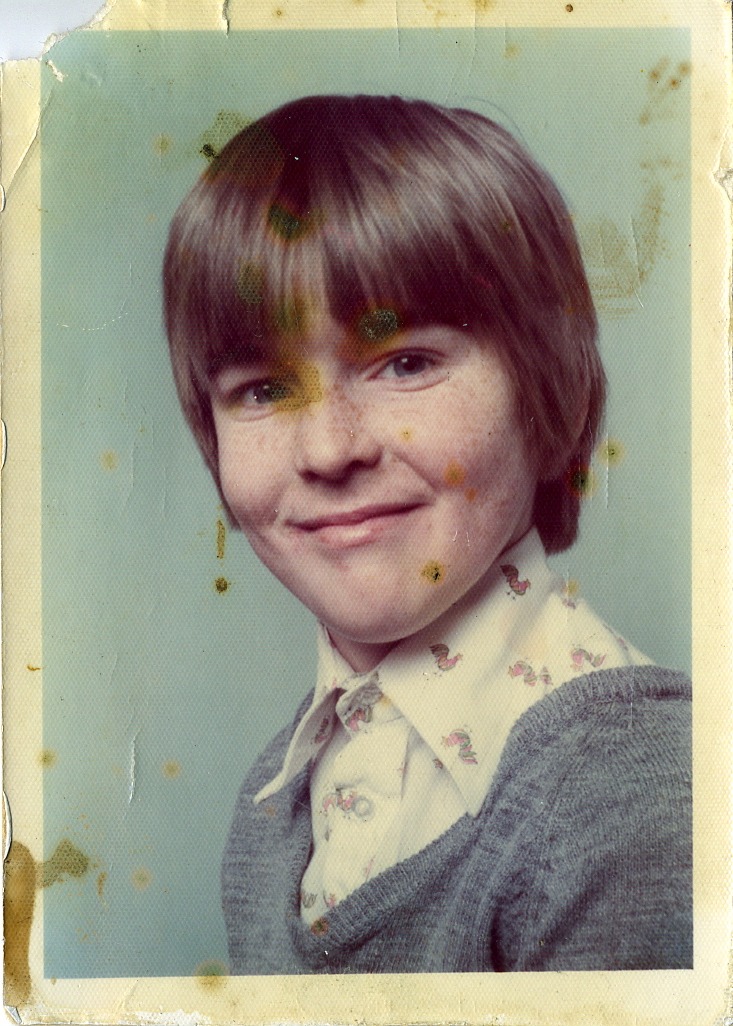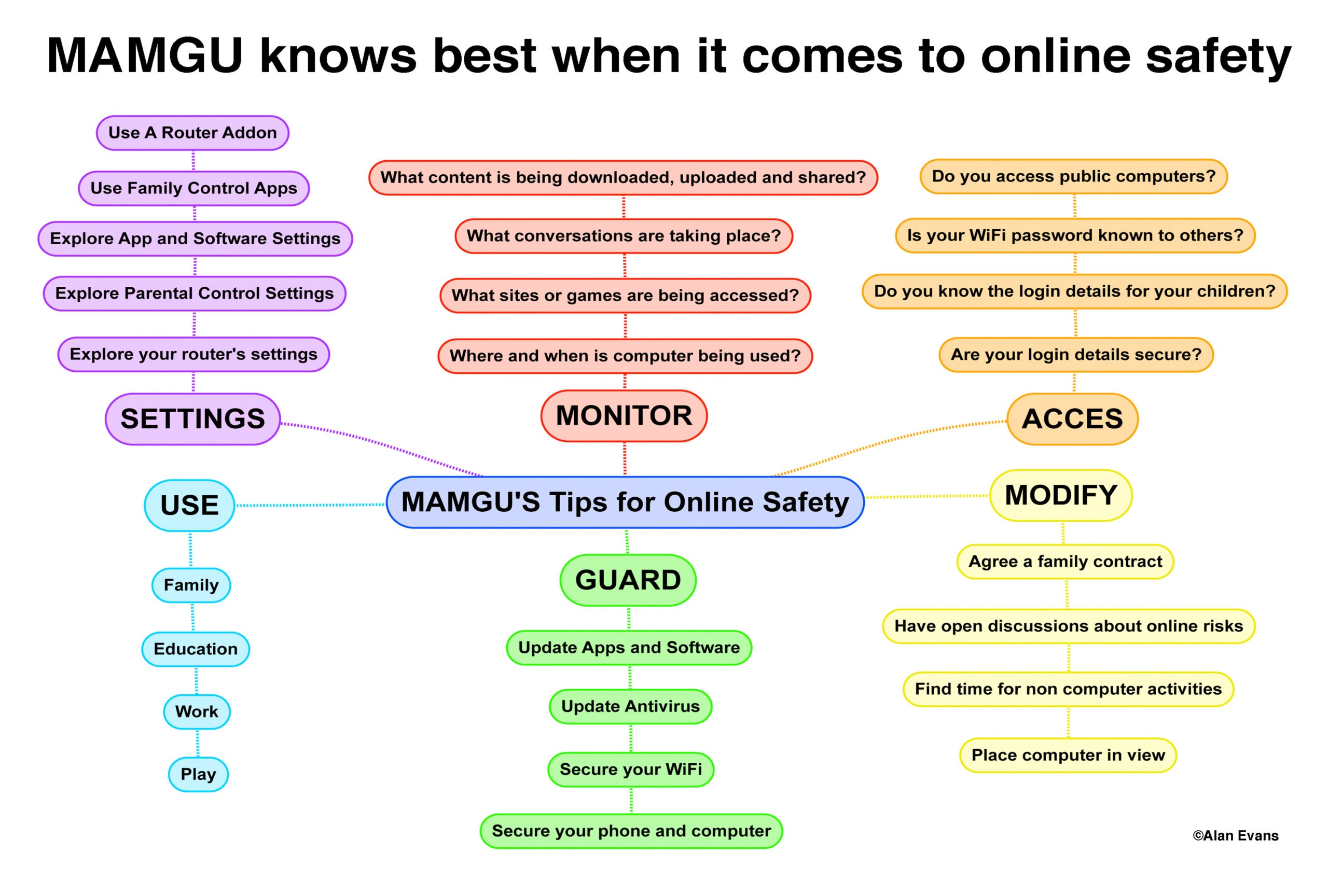I still cringe at the embarrassment of being outed at school as a bedwetter in front of the whole class in secondary school. I had been invited to go on a day trip to Windsor with a friend and his family and the bus was leaving very early in the morning. I had been invited to stay at the boy’s home for a sleepover. I did all the right things. I didn’t drink any fluids before going to bed. I even tried to stay awake all night. The inevitable happened. I fell asleep and awoke to a wet bed. I stripped the bed and tried to hide the evidence but of course, it was impossible and he found out. The next day he announced it to the class. From then on the name calling was relentless.
The long lasting memories of being a serial bedwetter are mainly the humiliation and embarrassment encountered as a result of mocking from family and other children. Try as hard as I might, it was impossible to stop and the stress and emotional turmoil just added to the problem. Sleeping on a plastic sheet wasn’t the best idea of help either. It saved the mattress but did nothing for my problem. I was one of a large number of children who suffered from bedwetting, also called, Nocturnal Enuresis but I felt very alone.
Nocturnal enuresis refers to involuntary urination during sleep in children over the age of 5. Many children who have achieved daytime dryness with potty training continue to struggle with bed wetting for years. Nighttime bladder control is considered the last stage of potty training and can take some children a little more time to master. Wetting the bed before the age of 6 or 7 is considered a natural part of development and tends to resolve itself over time and a single episode of bedwetting is typically not a problem, even in an older child.
There are two types of bedwetting: Primary bedwetting is when the child has never had nighttime control over urination. Secondary bedwetting occurs when a child has achieved nighttime continence, but experiences a return bout of nighttime wetness due to psychological stress or some underlying medical cause. Over three-quarters of the children affected by bedwetting exhibit primary bedwetting symptoms while the rest experience secondary bedwetting symptoms. Interestingly, one 2008 study in the Journal of Paediatrics and Child Health showed that children over the age of 10 who continued to struggle with bedwetting were also more likely to have emotional difficulties. Primary bedwetting may be more common, but it seems that parents have more reason to be concerned if a child develops secondary bedwetting for a prolonged period of time.
During my own childhood there did not appear to be any help or advice for parents. If there was my father ignored it and chose the punitive route. I have the sincerest sympathies with parents of children who bed wet but my greatest sympathy and empathy is with the child. The key to helping children who wet the bed is patience. More often that not the problem resolves itself as the child and the bladder matures. If your child is a persistent bedwetter then it is essential to seek some help from your paediatrician to rule out any medical problems including urinary tract infections and diabetes.
Some measures, which can be implemented include;
reward systems with positive rewards for agreed behaviour rather than dry nights
drinking recommended levels of fluid during the day
using the toilet to pass urine before sleep
engaging in management (for example, taking medication or helping to change sheets).
The evidence base for management of bedwetting is poor. Studies are inadequately powered, symptoms are poorly defined and study populations are commonly children seen in secondary and tertiary centres. Follow up periods are often inadequate. There are relatively few studies which focus upon the psychological impact and health-related quality of life of children who experience bedwetting. In addition, studies of effectiveness have focused on the achievement of dryness as the primary outcome rather than how treatment might affect social and psychological aspects as well as the quality of life of children and their families.
There is evidence that, for an important minority of children, wetting and soiling problems persist into late childhood and sometimes beyond puberty, but their prevalence is not clearly known. It has also recently been reported that children who experience more frequent bedwetting (more than three times a week) are more likely to persist with the problem into late childhood and adolescence. These studies suggest that, contrary to popular belief, wetting and soiling problems do not always resolve with increasing age. If wetting/soiling problems remain unresolved or untreated they can become socially and psychologically debilitating.
Persistence of wetting/soiling problems into this phase is likely to be accompanied by ridicule and bullying by peers and increasing intolerance from parents, especially if they believe that their child is to blame for their problem. Such reactions can only serve to exacerbate the child’s distress and may lead to delays in seeking help. In particular, teenagers who are unsuccessfully treated in childhood are often reluctant to seek help for wetting or soiling due to the severe embarrassment associated with the problem, and others may simply believe that no help is available. Your first point of contact should be your GP.







